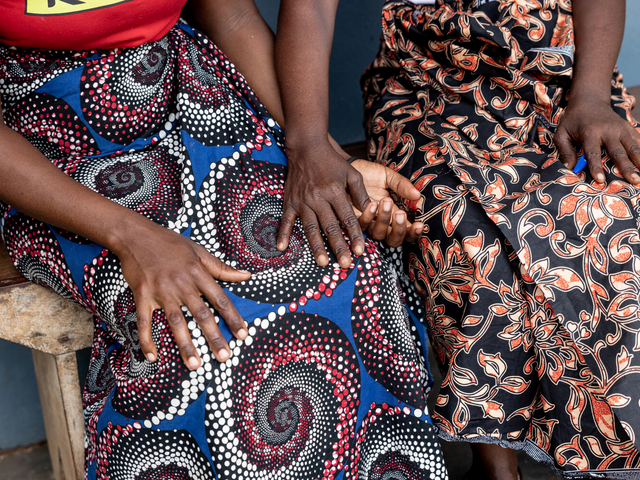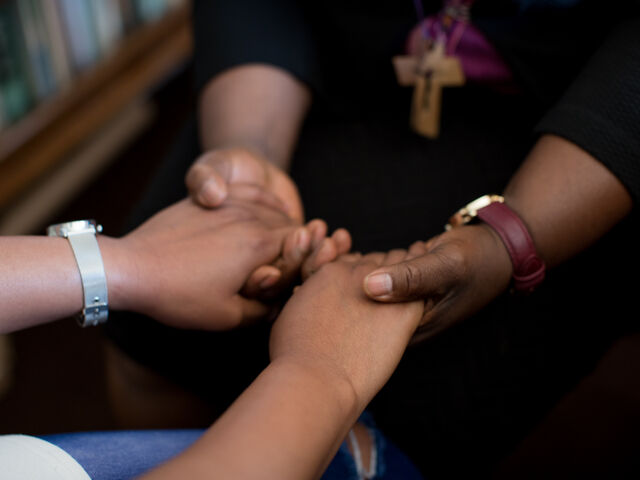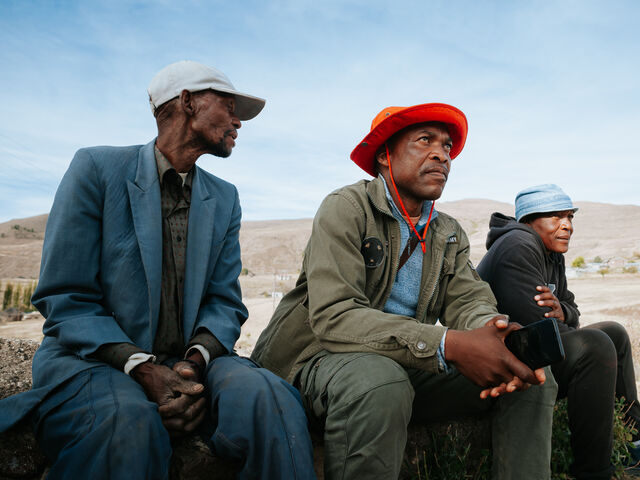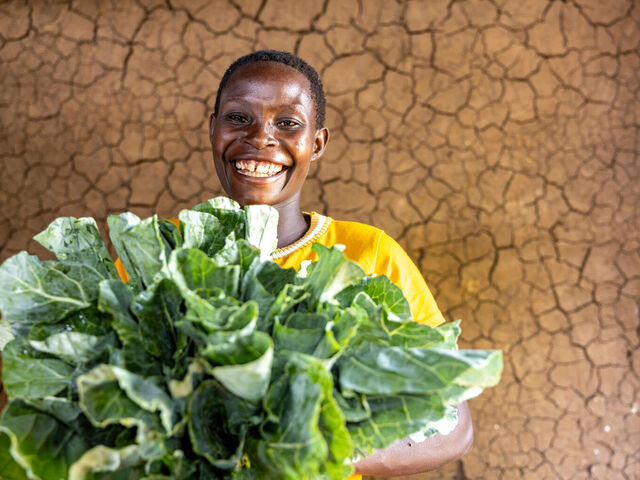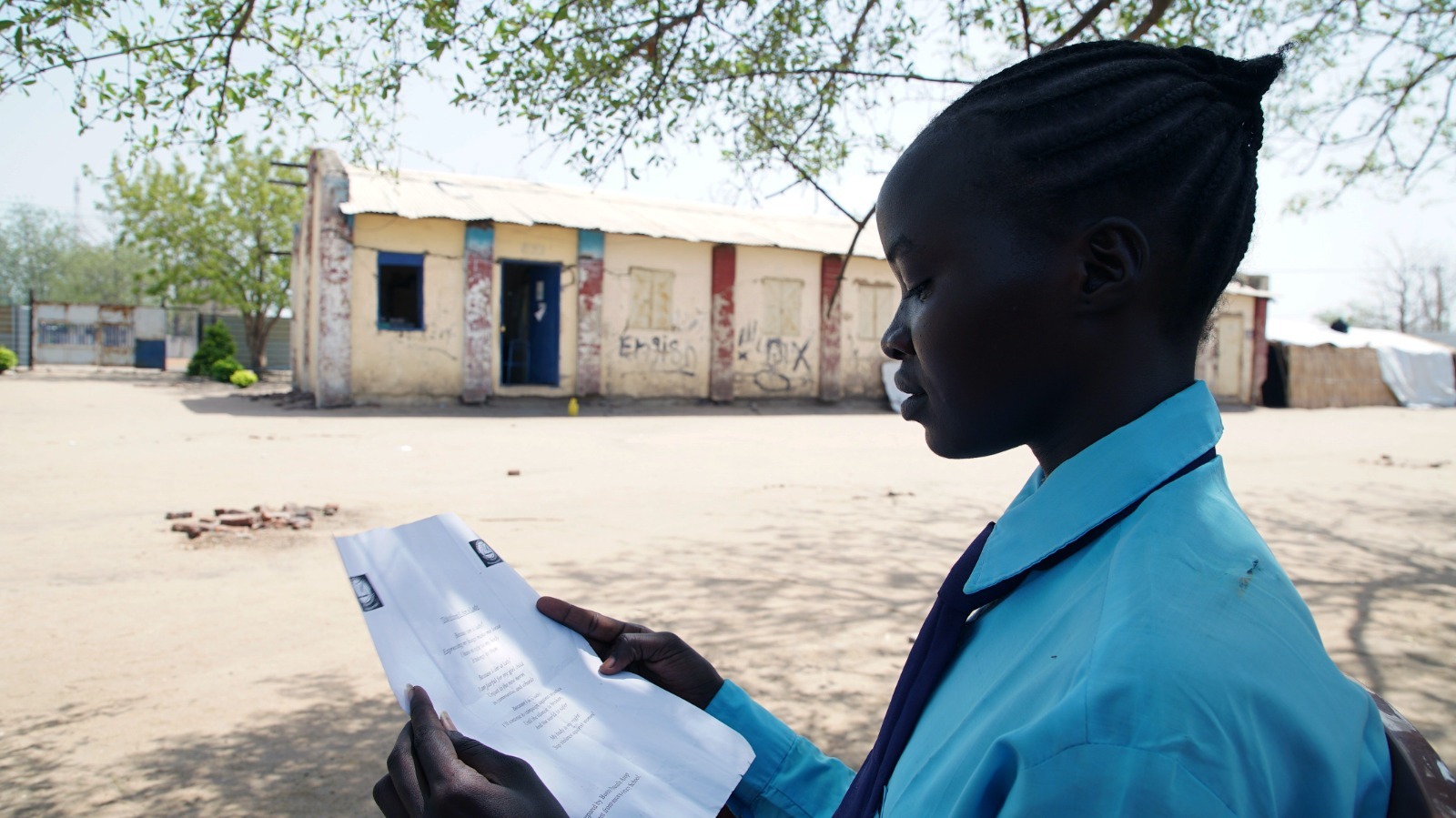
Photo: UNFPA/2gether 4 SRHR/Peter Louis
Eighteen-year-old Bugeny sat on a worn wooden bench outside her secondary school, clutching a poem she had written the night before—words that told her story.
She was about to stand in front of her classmates, teachers, and community members to perform words that felt almost too raw, too personal.
She was not just reciting a poem. She was telling her story.
Breaking the silence
Growing up in Renk County, Bugeny had seen too many of her friends leave school overnight, forced into marriages they never asked for, their dreams replaced with duties of wifehood and motherhood. And now, she was standing in front of a crowd, preparing to say out loud what so many had been afraid to voice.
“Marriage should be a choice, not a sentence,” she began, then speaking of young girls leaving classrooms and their school uniforms, which were now replaced by traditional wedding garments.
Bugeny knew she was not just speaking for herself, she was speaking for the thousands of girls who become married every year. When the applause came, Bugeny realized that she had done something powerful. She had started a conversation.
The drive behind her advocacy
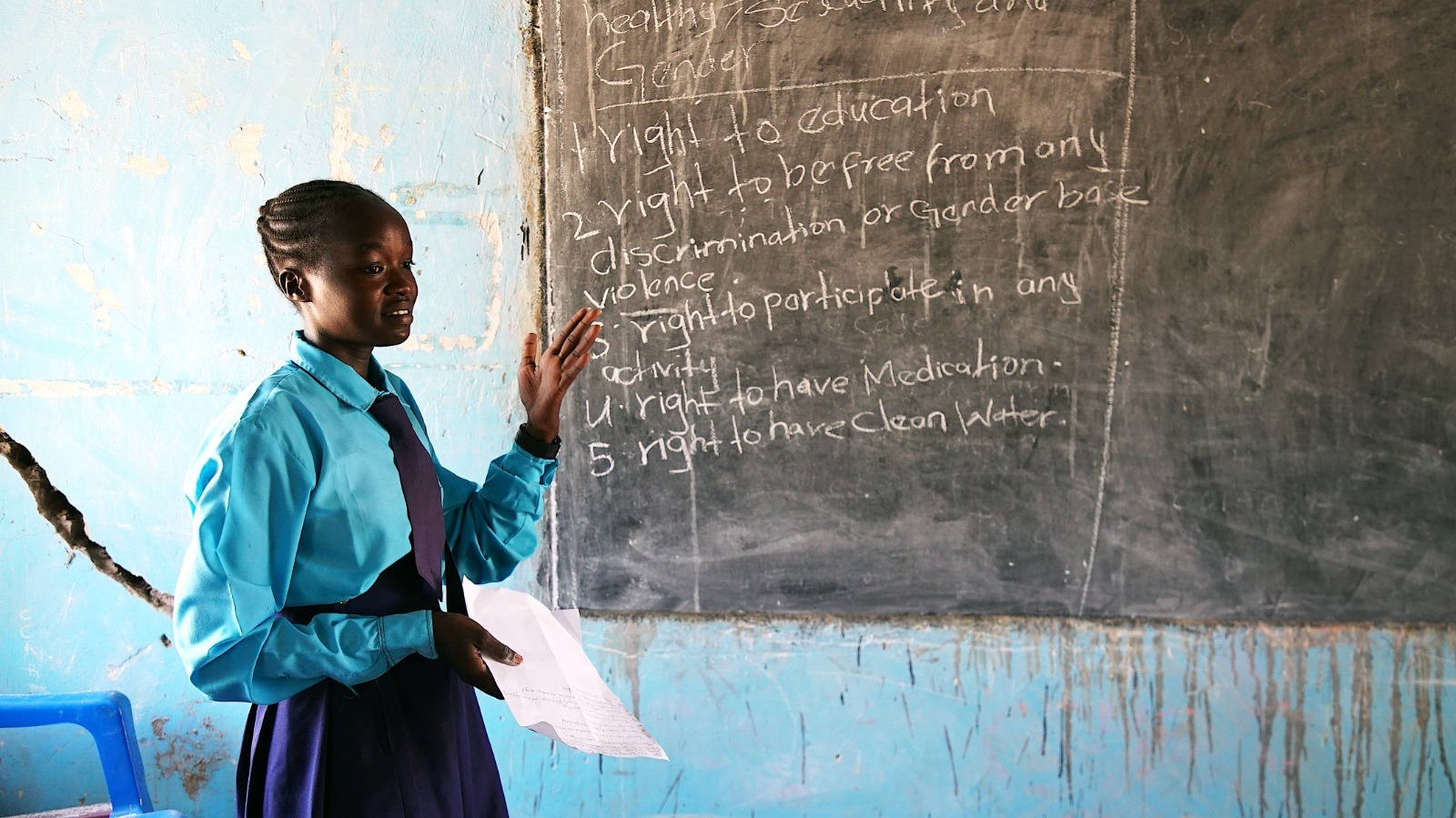
Photo: UNFPA/2gether 4 SRHR/Peter Louis
Bugeny’s efforts are part of a broader mission; with training and capacity building of youth and youth clubs supported by 2gether 4 SRHR, a joint UN regional programme, supported by the Government of Sweden, that aims to advance sexual and reproductive health and rights for all.
In South Sudan, the median age of sexual debut is 14 years – increasing a young girl’s vulnerability to teenage pregnancy and associated complications, including death, and disabilities from obstetric fistula, sexually transmitted infections, HIV/AIDS, and social stigma and isolation.
It is also estimated that some 30 per cent of girls ages 15 to 19 have already been pregnant.
Bugeny’s advocacy comes at a pivotal time, and it is not confined to poetry alone. At her school, she is one of the leading members of the debate, health, and poetry clubs; platforms for young voices demanding change, and tackling issues like gender-based violence, reproductive rights, and the future of young girls in South Sudan.
The small victories
During one of her poetry performances, a girl approached her afterward with tears and relayed that her story reflected Bugeny’s.
In another occasion, a Government official listened to one of her debates and later approached her group, offering to discuss potential programs supporting young mothers. Bugeny knew the efforts were not just about awareness; it was about action.
One day, Bugeny dreams of standing in a room filled with young girls who never had to fear being forced into marriage. She dreams of a future where education is not a privilege, but a right. It is the future she believes in.
